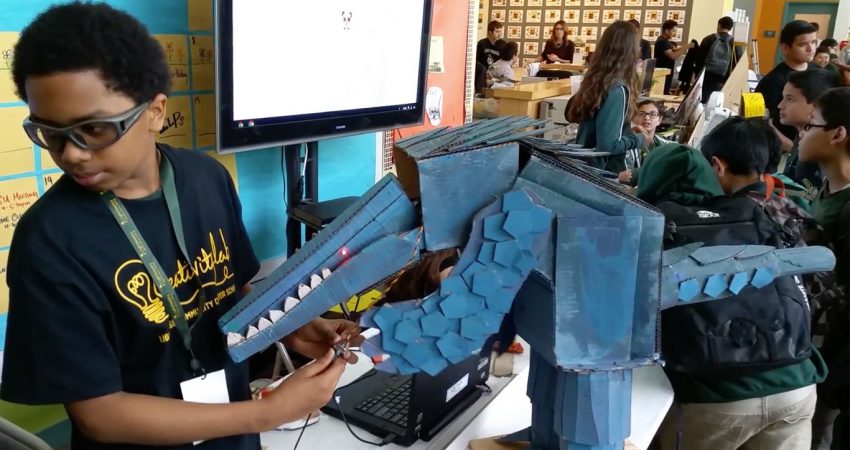
By Hiroki Oura - June 2011
PAPER CITATION
Palmer, David H. (2010). Student interest generated during an inquiry skills lesson. Journal of Research in Science Teaching, 46(2), 147–165.
A 40-minute inquiry lesson comprising demonstration, proposal, experiment, and report to 224 ninth-grade students organized by the author provided evidence that situational interest can be developed through such activities compared to copying notes from the text and during the lecture. Situational interest, generated by the aspects of a specific situation (e.g., a spectacular demonstration may arouse students’ interest temporarily, even if they are not normally interested in science), is a short-time interest. Although it is a transient occurrence, the author’s previous findings suggest that situational interest, if repeatedly experienced, can have powerful/wide-ranging effects on student motivation. The author identifies sources of situational interest as, for example, learning, choice, novelty, physical activity, social involvement, etc., the strategies that may be especially relevant and accessible in informal learning environments.
In this study, 224 grade nine students from five schools in a city were made to participate in a single 40-minute inquiry skills lesson comprising four main steps (demonstration, proposal, experiment, and report) in either of the three topics (air resistance, buoyancy, or electricity). These topics were allocated to schools in no particular order. In the beginning and the end of the lesson, students were asked to copy passage notes provided by the instructor to establish a baseline level of interest and compare the phase with the four main steps. They were asked a single question (“I thought this part was: 1 very boring/ 3 in-between/ 5 very interesting”) after each of the four steps. The students were also interviewed by the author afterward. The author compared the level of student interest for the four inquiry steps against the baseline of interest in copying notes. The analysis presented the finding that the interest of the students in all of the four inquiry steps was significantly higher than that of their interest in copying notes.
The author had identified several sources of situational interest: learning, choice, physical activity, novelty/suspense/surprise, and social involvement. The author also argued that providing multiple experiences of situational interest in a science lesson can be one way of maintaining high levels of student motivation as they participate in class activities. This finding is relevant both to informal science educators who are designing learning programs, and to informal educators who are working in collaboration with formal educators. Informal resources and settings may be conducive to sparking situational interest in a variety of topics, which can be further developed in schools and other settings.




